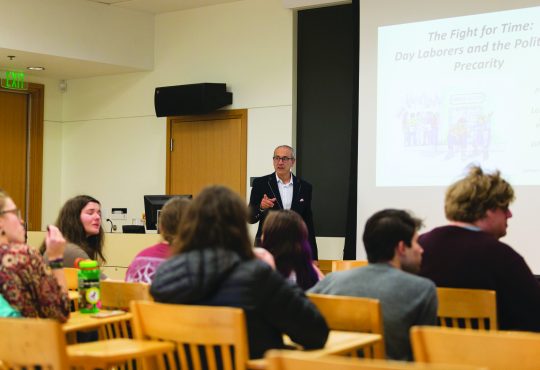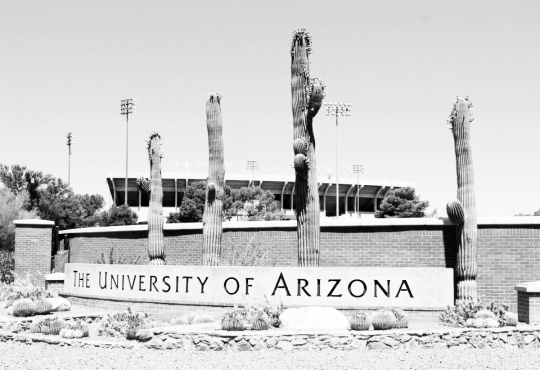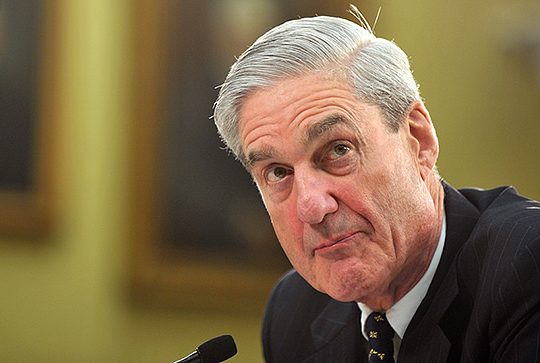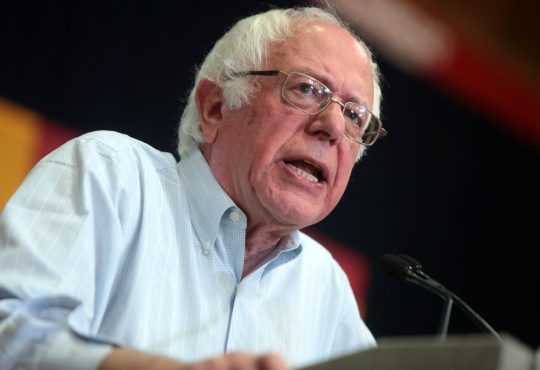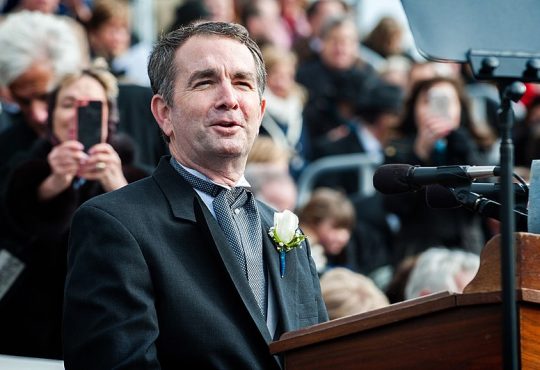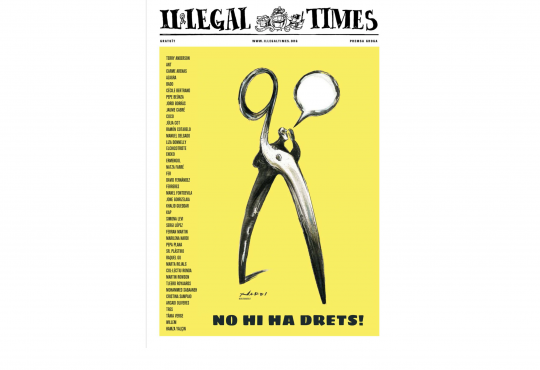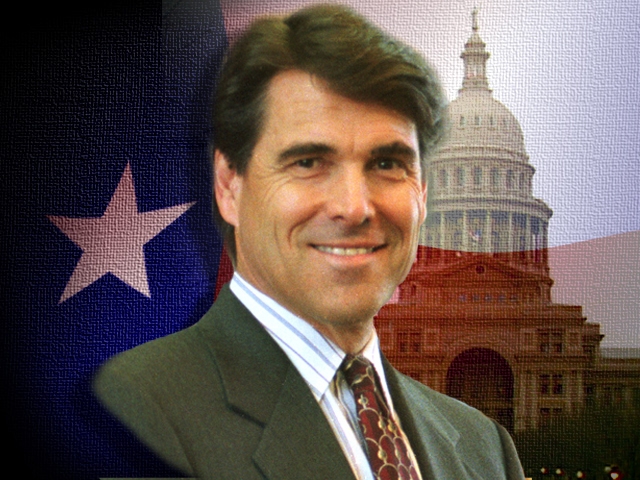
The past is threatening to rear its ugly head once more this upcoming presidential election in the form of Republican hopeful Governor Rick Perry of Texas. His arrival as a legitimate contender for the Republican nomination could threaten to change the entire complexion of the 2012 election. To understand this, one must first reexamine the political history of the last decade.
Eleven years ago, George W. Bush became the President of the United States after a hotly contested and controversial presidential election. In his two terms as president, America faced many challenges, including an economic recession of such magnitude that it drew comparisons to the Great Depression.
This economic recession, along with the costs of having fought two wars overseas for the better part of the last decade, left President Barack Obama with the enormous burden of correcting the fiscal mistakes made under the Bush administration. However, as the next presidential election draws closer, the American public has shown dissatisfaction with President Obama’s efforts to revitalize the economy.
This has left open the possibility for one of the several Republican hopefuls to capitalize on this apparent flaw in Obama’s political armor. One candidate in particular has recently put forth great effort in establishing himself as the best Republican alternative, and in doing so has catapulted himself into contention for the Republican presidential nomination. He may seem familiar, since a similar candidate arrived over a decade ago whose policies and decisions have shaped the current social, economic, and political structure of America.
Both Perry and Bush place great importance on the role their Christian faith plays in their ability to lead the nation. This role was evident during Bush’s presidency, and Perry will do even more to distinguish himself as the god-fearing leader in order to acquire the support of the religious sector of the Republican party.
Another similarity found between the two is their Texas pride, a quality that is evident in the way each carries himself in public debates and political speeches. Their charisma shines effortlessly and has the ability to appeal to a wide range of people. The infectious nature of this charisma will prove to be of great assistance to Gov. Perry just as it propelled Bush to the forefront of the political spectrum over a decade ago. It could be beneficial once more as Perry contends with Mitt Romney, former Republican governor of Massachusetts, for the Republican presidential candidacy.
However, beyond the superficial similarities are distinct differences between Gov. Perry and former president Bush. Perry is a fiscal conservative who criticized the Bush administration because of its apparent support of a large federal government. He is also more of social conservative then Bush, and appeals to the radical ideals of the Tea Party. These radical ideals pose a serious threat to the stability of our government and could upend any progress in America’s economic recovery.
Perry continues to gain traction within the Tea Party with his radical measures to reform America’s fiscal policy and he continues to build momentum as the upcoming election approaches. If he becomes the Republican frontrunner, then next year Americans will have to decide whether they wish to relive the mistakes of the Bush era through the even more conservative political ideology of Perry.

